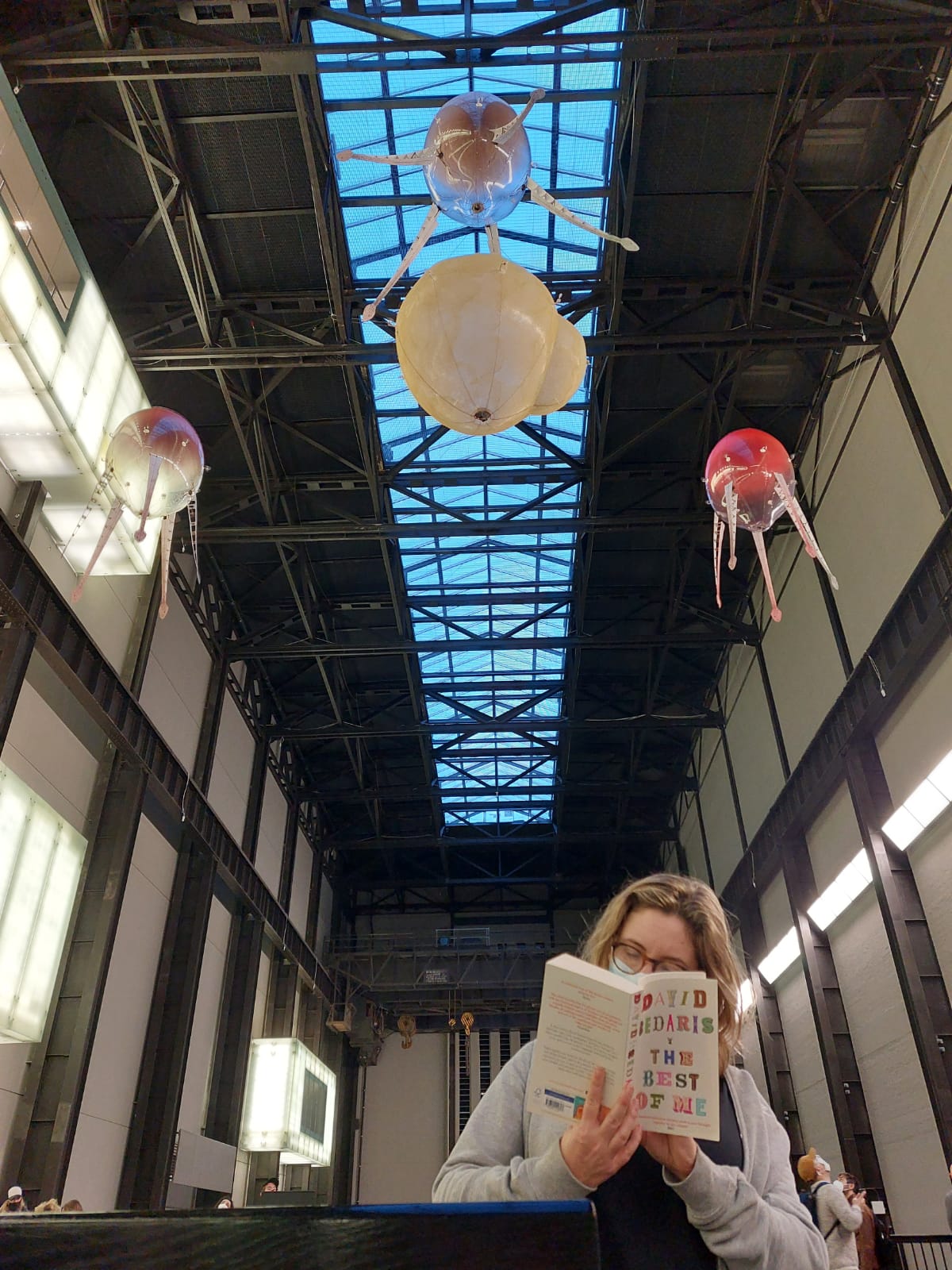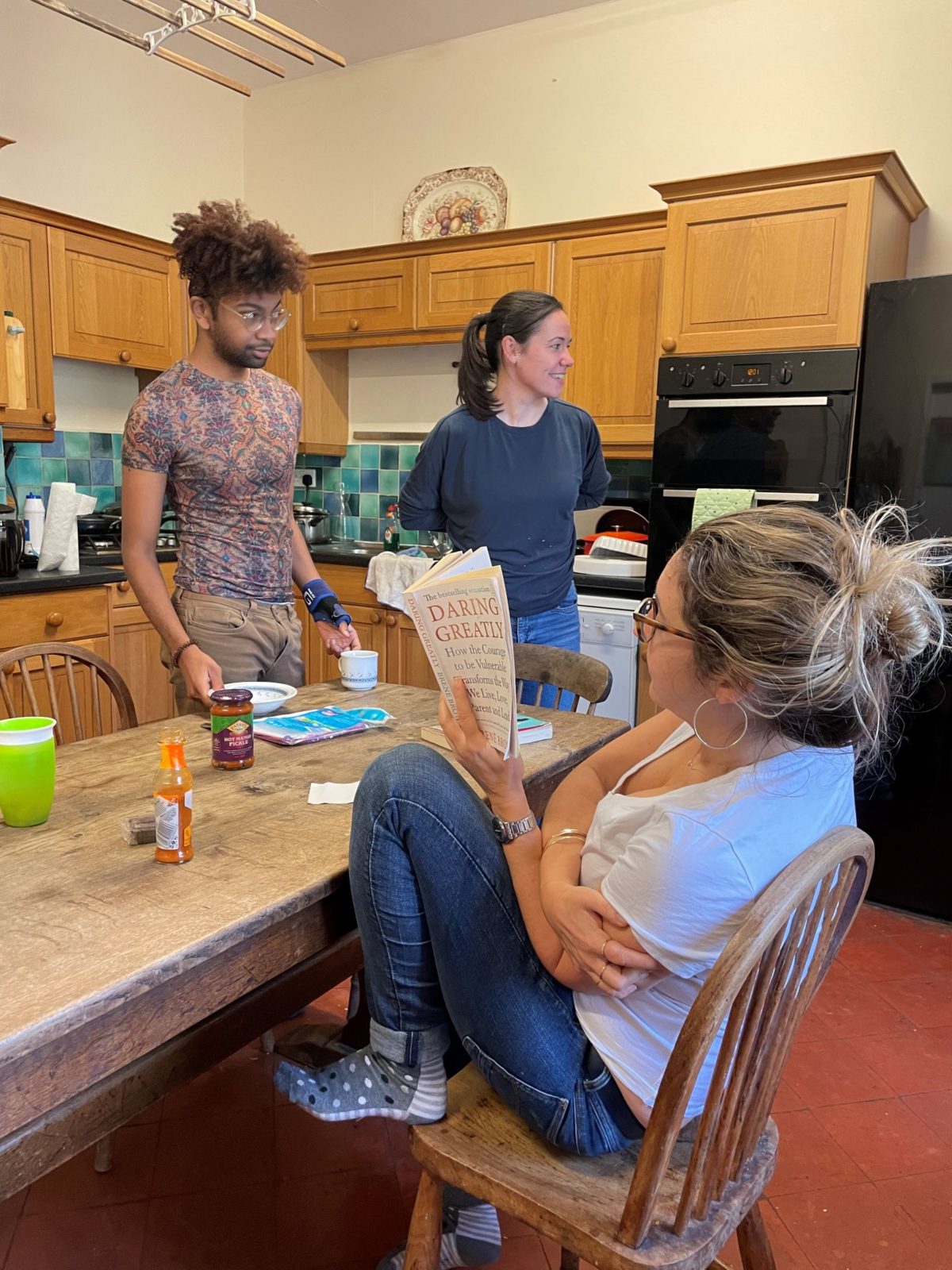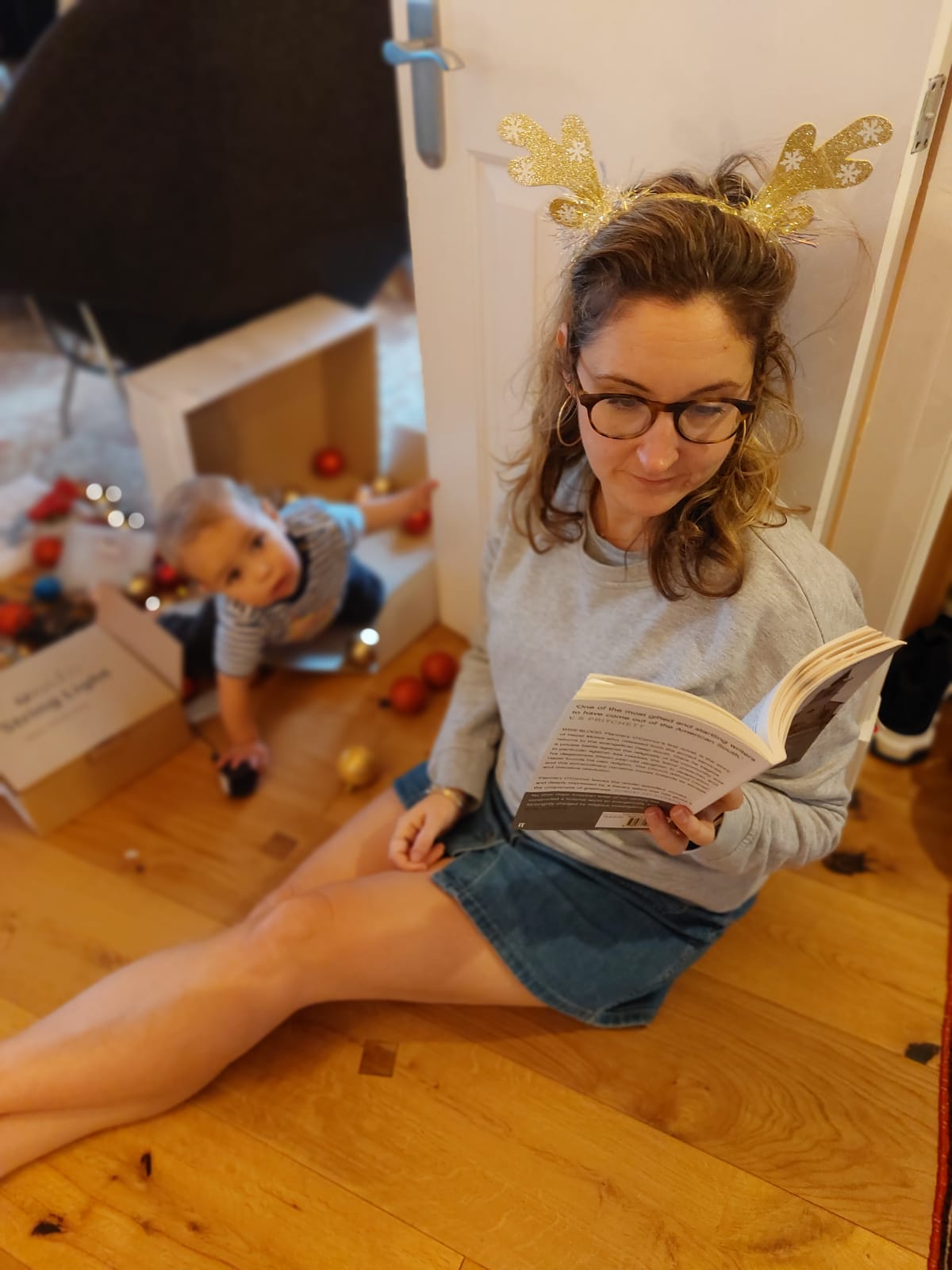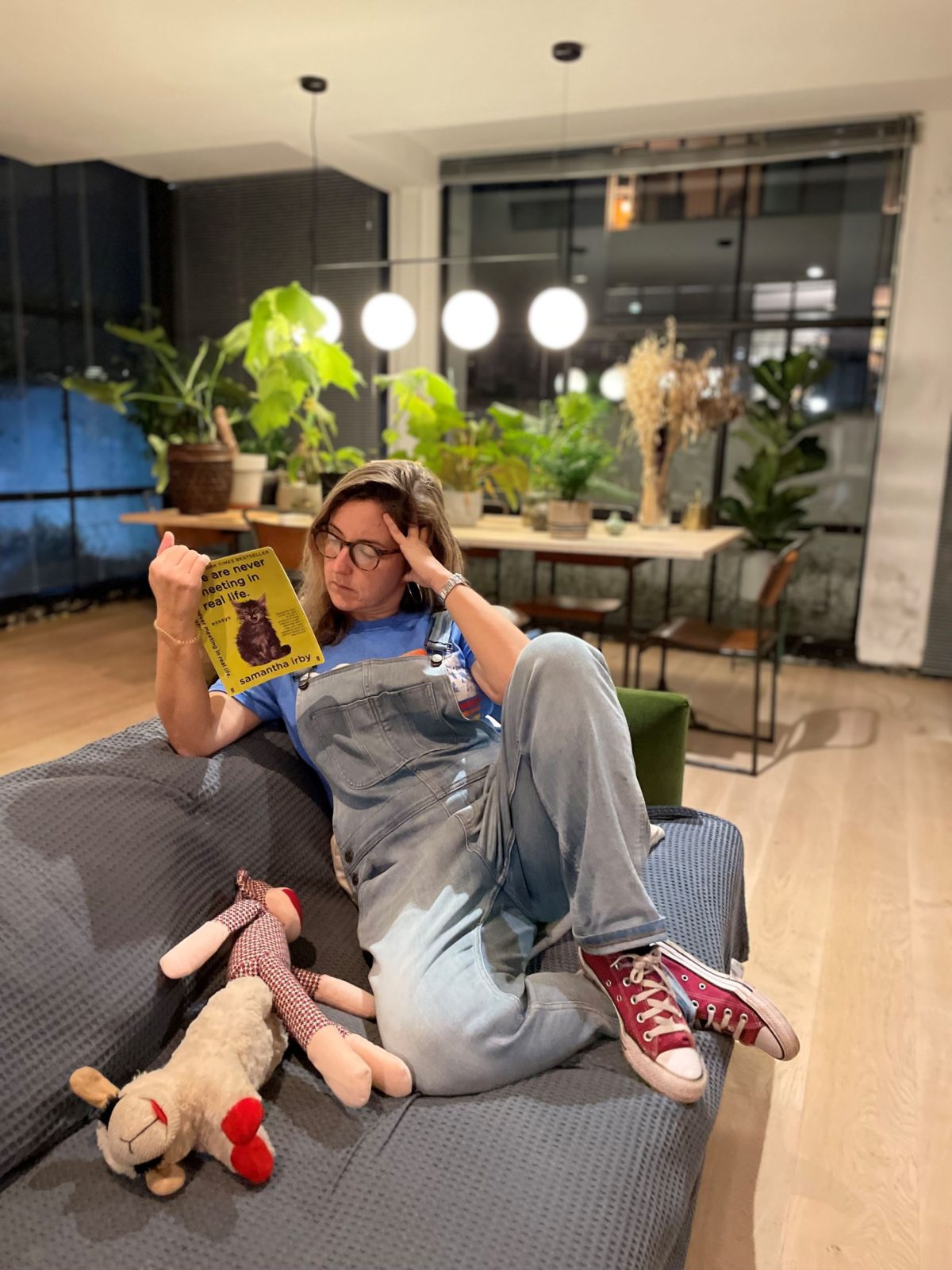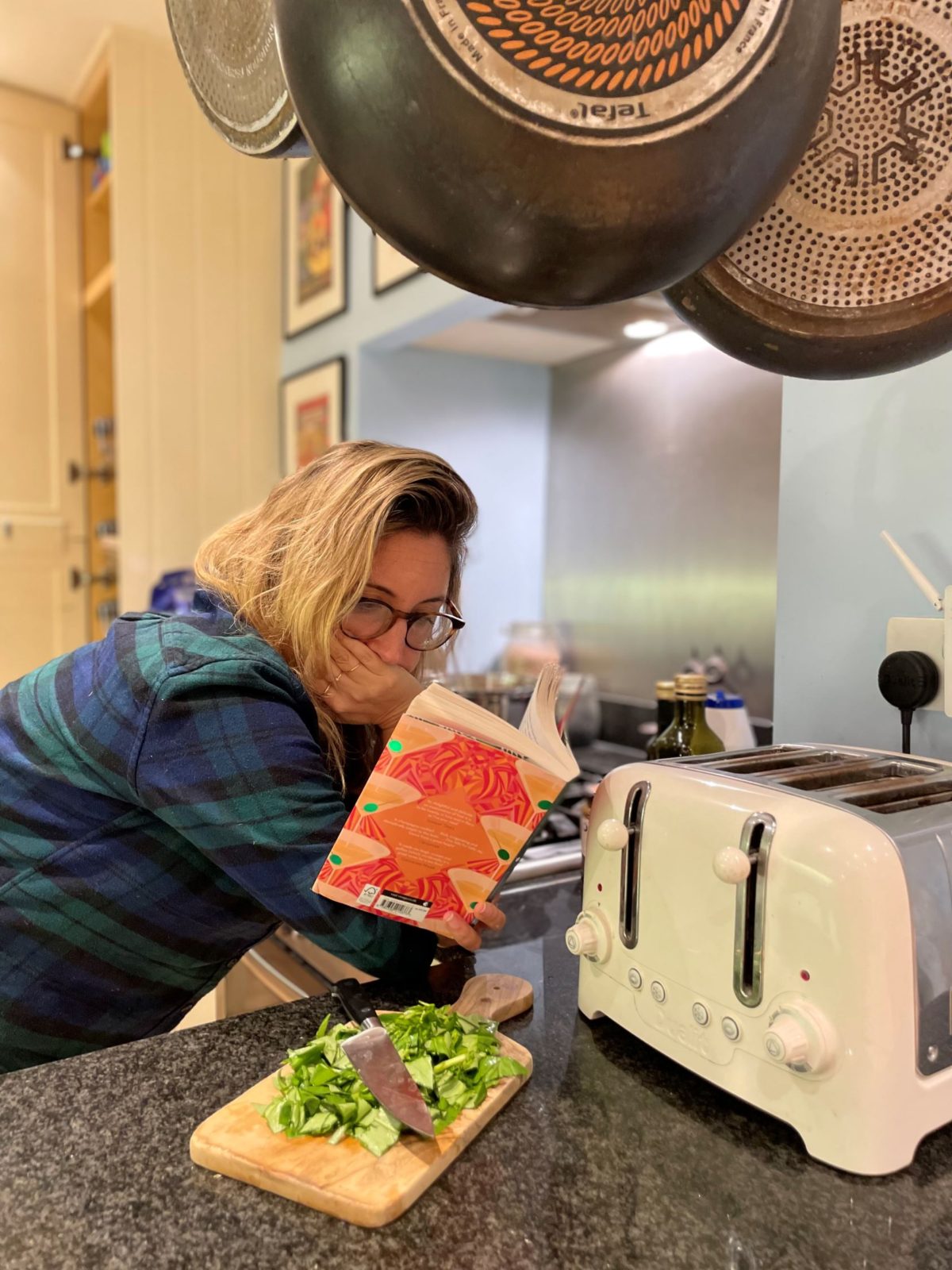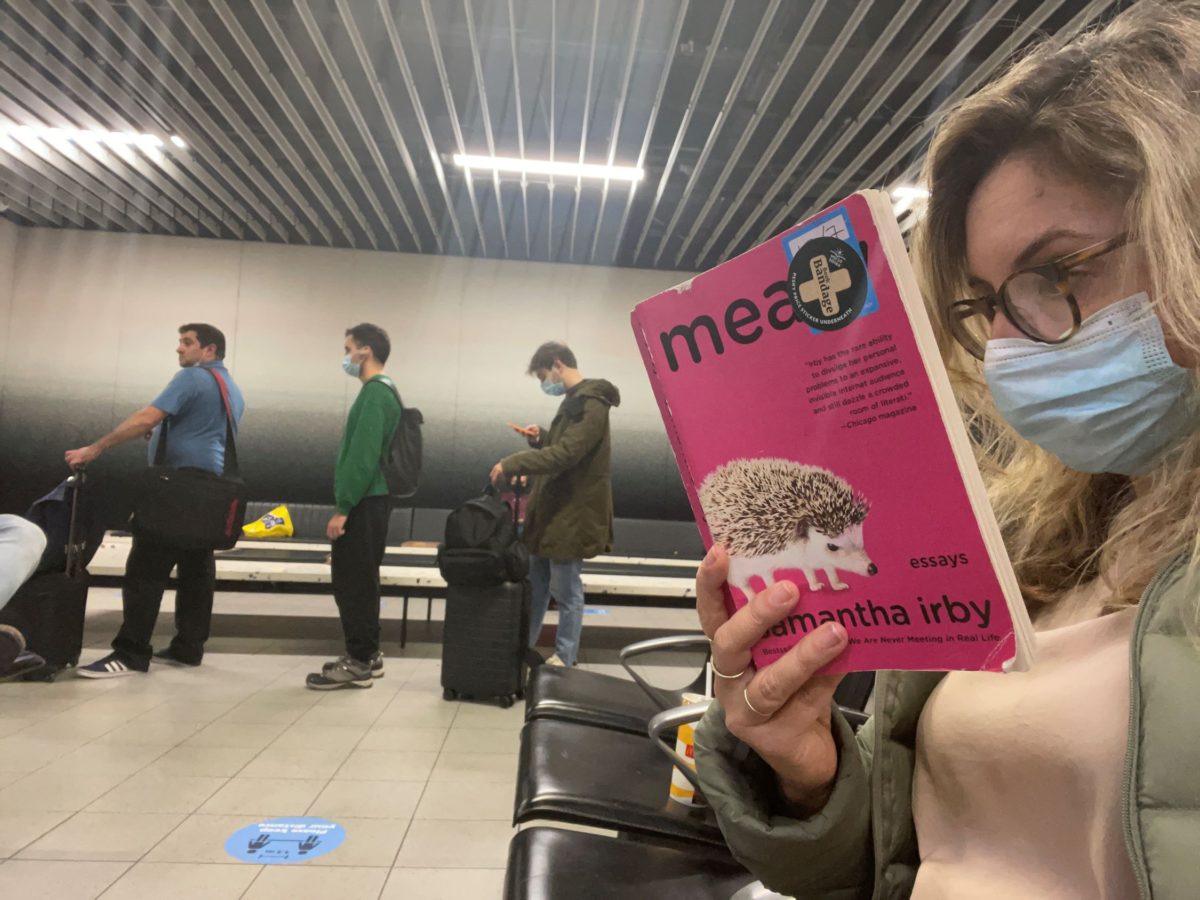I like Jeffrey Eugenides’ MIDDLESEX, and to a lesser degree THE MARRIAGE PLOT, so I was a bit surprised to be so underwhelmed by this one.
On the surface it seems like it should be interesting, being the story of how five daughters in one family came to all commit suicide. Somehow however, from this promising material, a very boring book is written. I think part of the problem is the attempt at formal inventiveness in the narrative voice. The story is told by some undefined ‘we’ who are apparently the neighbourhood boys, who are apparently recounting this story many years later. I just found this dumb. Also I didn’t really like the heavy emphasis on how inscrutable females are, that inevitably came with it. No doubt that is what teenage boys really do feel but so does most of western literature, and so it is a bit SNORE. Probably they had mental health issues or were being abused or something, like Jesus guys it’s not that complicated. Anyway I did like this sex scene, so I’ll leave you with that. Don’t say I never do anything for you:
Two beasts lived in the car, one above, snuffling and biting him, and one below, struggling to get out of its damp cage. Validanlty he did what he could to feed them, placate them, but the sense of his insufficiency grew and after a few minute, with only the words “Gotta get back before bed check,” Lux left him, more dead than alive.


